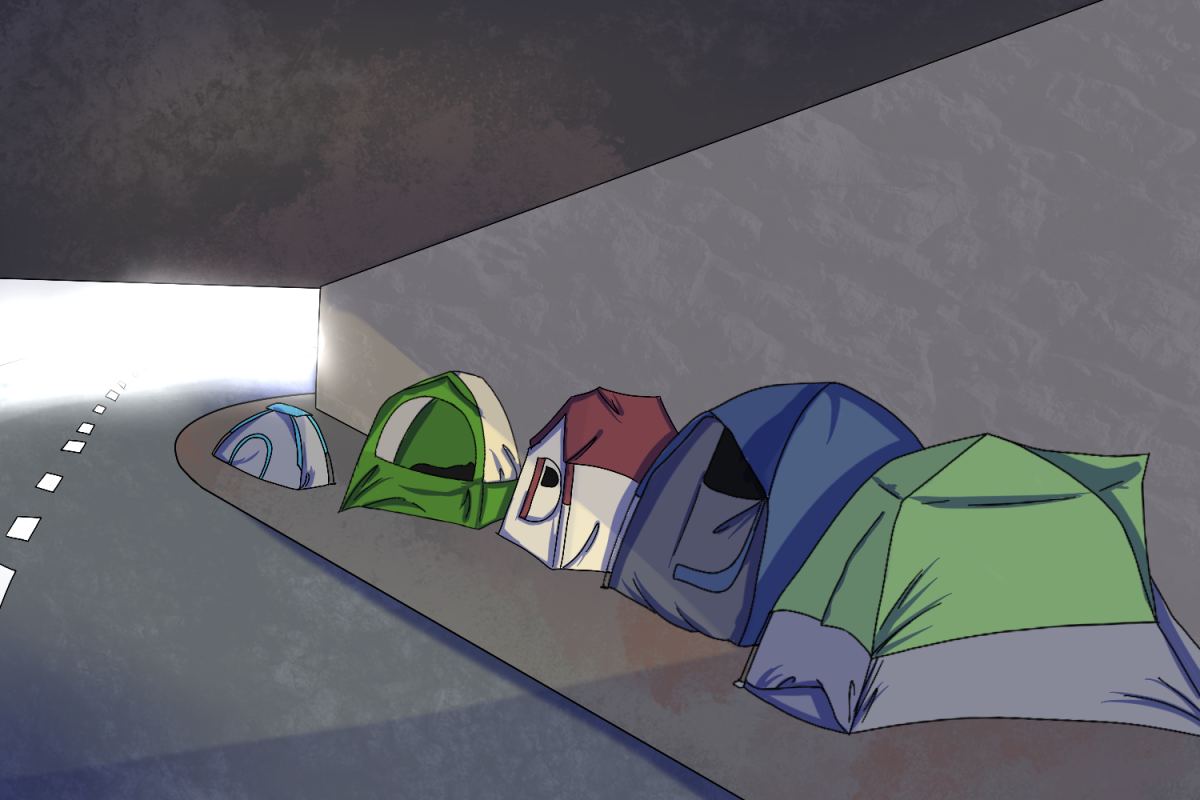Picking up plastic on the beach won’t help prevent the destruction of our oceans as much as you think it will.
Now don’t get me wrong, it won’t hurt either, but the issue extends beyond merely plastic pollution. Instead, it traces back to the multi-billion dollar industry that makes its way straight to the dinner table: fishing.
The corruption within the fishing industry is more widespread than ever. Millions of fish and other sea life are being caught every day, bycatch making up an astonishing 40% of that. Ultimately, that means that two-fifths of fish being contained are either unused or unmanaged.
Yet, there is no denying that plastic pollution is rapidly destroying our sea life. Pollution can have physical and chemical reactions on the ecosystems they dismantle, including entanglement and the build-up of serious pollutants. While individual consumers can play their part by reducing their use of plastic, a considerable portion of the ocean’s plastic waste connects straight back to the fishing industry.
“Conservative estimates suggest 640,000 to 800,000 tonnes of fishing gear is lost annually worldwide, which could account for at least 10% of all plastic pollution and perhaps as much as 70% of all macro plastics when estimated by weight in our oceans,” said George Leonard, a chief scientist at the environmental nonprofit Ocean Conservancy.
As plastic kills off sea creatures one by one, the life in our oceans is being extracted for reasons beyond basic human needs. Worldwide fishing fleets are often up to five times bigger than they need to be, and unsustainable fishing techniques like bottom trawling destroy habitats at a time. Essentially, we are stealing populations from our ecosystems far faster than they can repopulate, and the earth is on the brink of its sixth mass extinction.
The loss of fish doesn’t just mean more food readily available for your Thursday sushi nights, nor does it result in a few fewer animals in the ocean. While certain essential species like tuna and sharks are particularly targeted for overfishing, their removal trickles down the food chain to impact populations of other vital organisms.
Essentially, overfishing is the catalyst for destroyed ecosystems and polluted seas, which is core to preserving our life on earth.
To understand the urgency of preserving our oceans, we must analyze their role in the world’s health overall. From producing the air we breathe to regulating the climate, we depend on its biodiversity far more than we may think. Even its inhabitants play core parts in the battle against climate change as they absorb carbon dioxide and keep the ocean’s acidity balanced.
According to The Nature Conservancy, “Lack of ocean protection will not only accelerate climate change—it could impact our resilience to its impacts. Coral reefs, for example, provide coastal communities with important protection from storm surges.”
Plastic is a problem, but it’s a problem that must shine a light on the idea that overfishing destroys our planet on a scale we fail to recognize. In a sense, lack of human knowledge on this widespread issue cannot entirely be blamed on the consumers. The narrative of large-scale “sustainable fishing” is misguided – fisheries worldwide are consistently unregulated to the point of no return. Unfortunately, that means that the labels on cans of tuna are mere examples of private corporations appealing to consumer desires to feel good about what they are buying.
Even the “protected” areas of the sea – standing at a mere 1.5% of all oceans – are frequently still open to fishermen and quickly become unregulated as a result. However, overfishing in other areas results from advancements in the modern fishing industry combined with desperation to capitalize on earth’s natural resources, long misconceiving that fish populations are limitless.
Commercial fishing is where we need to gear our attention, and large-scale problems require large-scale solutions. On an individual level, we can choose not to ignore these issues and support legislation that enforces regulations and protected marine areas within the industry. The limited rules regarding fishing practices and oversight, especially in international waters, profoundly impact the effects of overfishing as a whole.
While picking up plastic and avoiding straws will help, boycotting the fishing industry will do even more.
Most importantly, we must understand that the biodiversity of our oceans is a delicate structure. If governments and corporations don’t recognize and combat this vital threat to all of earth’s life, we can start saying goodbye to “plenty of fish in the sea.”














